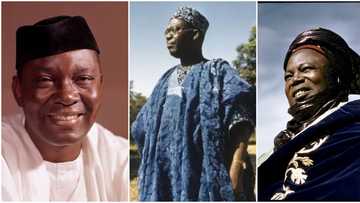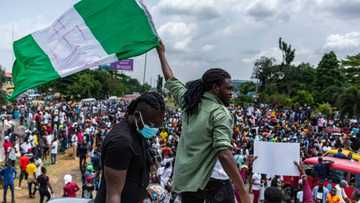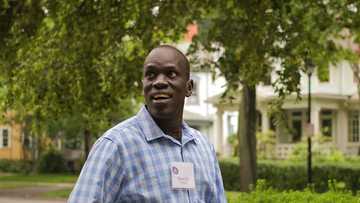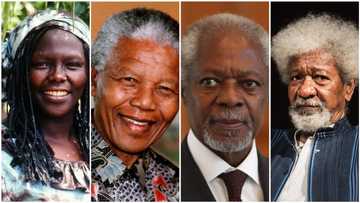Nigeria’s Independence: 11 Photos From 6 Decades Showcasing Historical Events That Can Never Be Forgotten
After decades of British colonial rule, Nigeria finally gained her independence on October 1, 1960.
PAY ATTENTION: Сheck out news that is picked exactly for YOU ➡️ find the “Recommended for you” block on the home page and enjoy!
This was celebrated across the country. The main event was held at the Race Course (now Tafawa Balewa Square) in Obalende, Lagos and was graced by notable people like Nnamdi Azikiwe, the Governor-General, Sir James Wilson Robertson, and others.
As Nigeria celebrates 62 years of Independence in 2022, Legit.ng has rounded up photos and events from six decades.
The 1970s
The end of the civil war
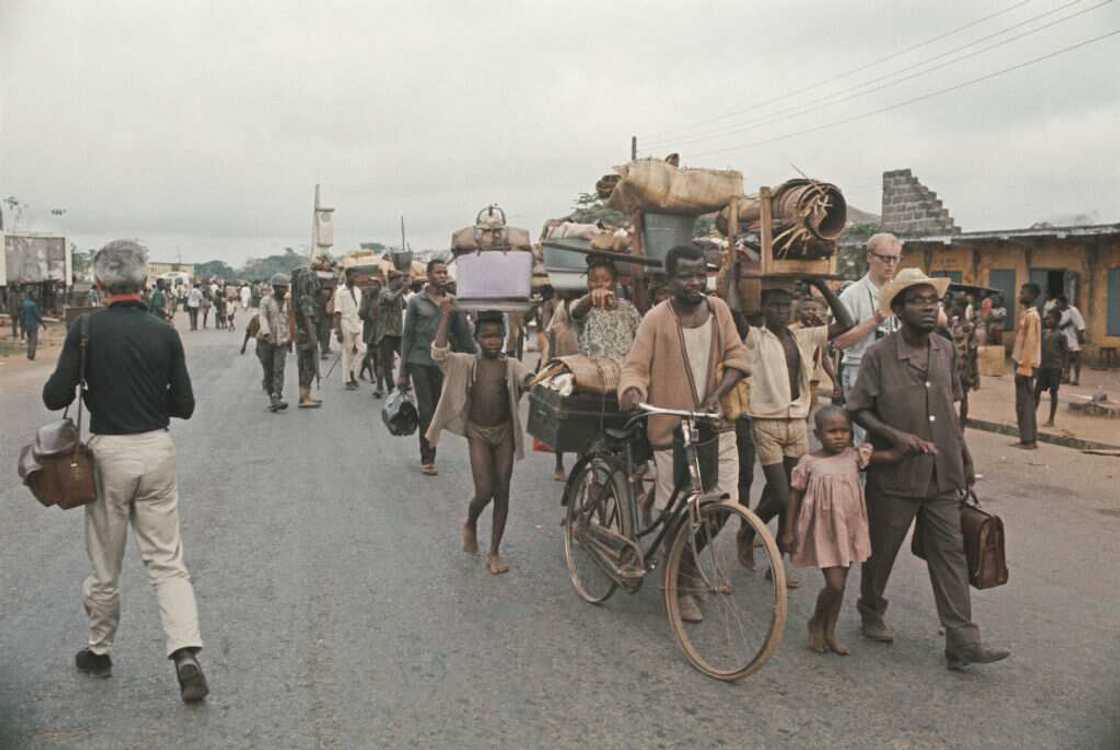
Source: Getty Images
PAY ATTENTION: Subscribe to Digital Talk newsletter to receive must-know business stories and succeed BIG!
Seven years after gaining independence, a civil war broke out. The war started in 1967 and officially ended on January 15, 1970. More than two million people, mostly women and children, lost their lives in the war that lasted for 30 months.
The 1970s was a time of recovery for those who had lost loved ones, properties and savings.
The 1980s
Ghana must go
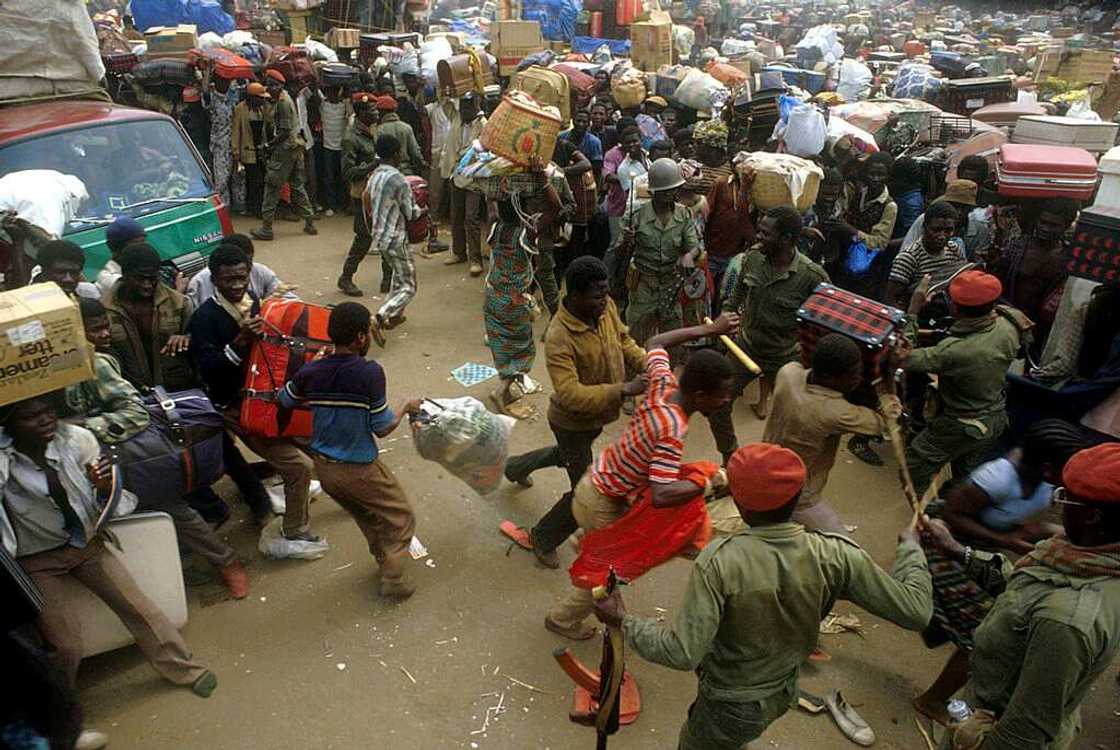
Source: Getty Images
In January 1983, the government of President Shehu Shagari gave an executive order which forced undocumented immigrants to leave the country. Over a million West African migrants were affected, most of them Ghanaians. A type of woven chequered bag used by the departing migrants to pack their belongings got the moniker “Ghana must go”. As of 2022, the bag is still commonly referred to with this name in Nigeria and some other West African countries.
The 1990s
The killing of Ken Saro-Wiwa and 8 others
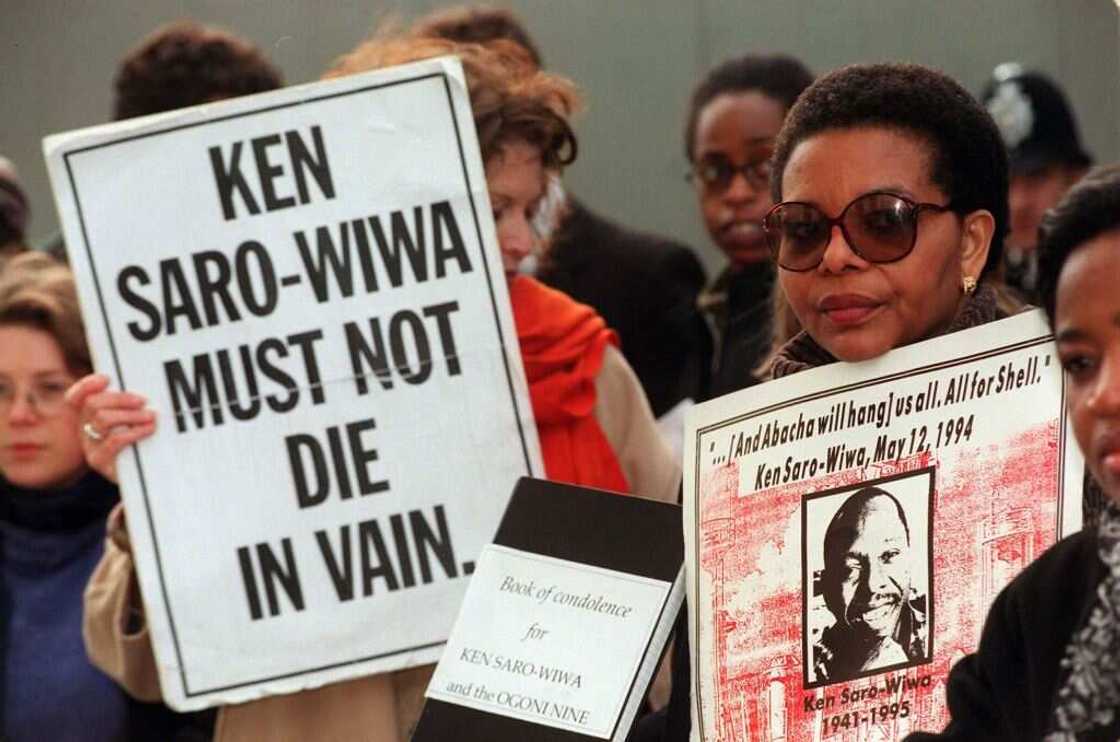
Source: Getty Images
Ken Saro-Wiwa, a Nigerian writer and environmental activist, fought against the oil giant Shell for causing environmental damage to the land of the Ogoni people in his native Rivers state. In 1994, he was arrested after the deaths of four Ogoni chiefs at a political rally. On November 10, 1995, he was killed after a special tribunal found him guilty and sentenced him along with eight fellow activists. His execution sparked international condemnation, forcing the Commonwealth of Nations to suspend Nigeria's membership for violating human rights.
1996 Olympics: Nigeria wins gold
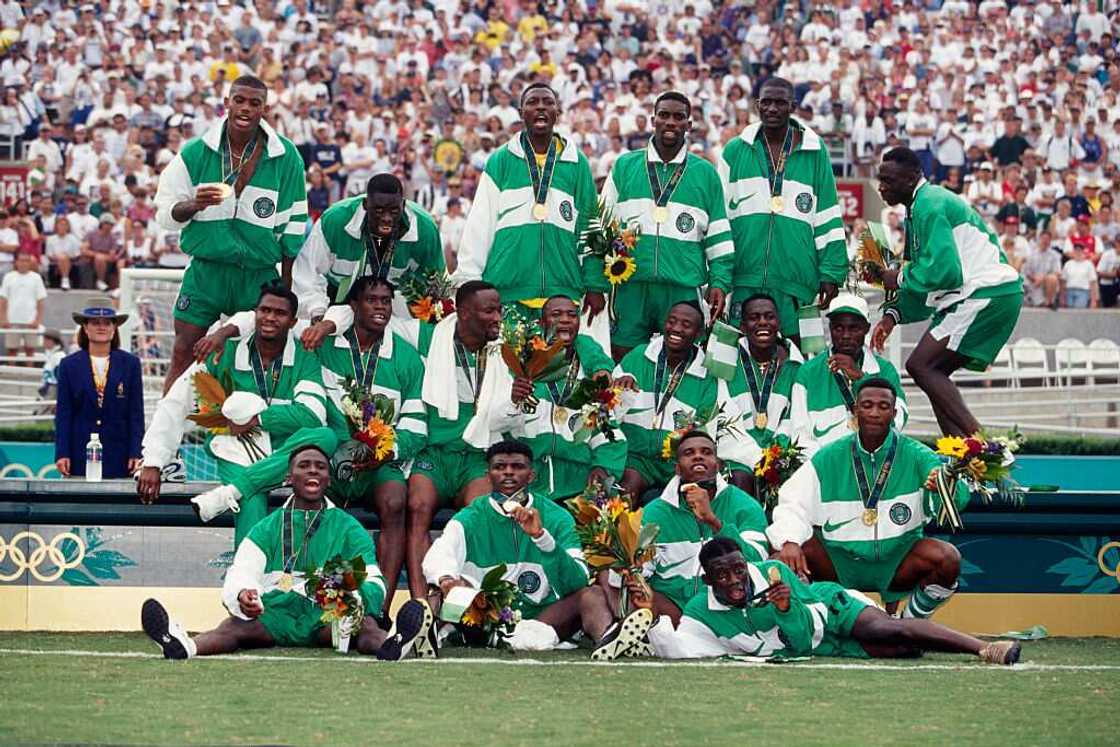
Source: Getty Images
Nigeria competed at the 1996 Summer Olympics in Atlanta, United States. Its football team stunned the world when it won gold. The Super Eagles beat Brazil and Argentina along the road to glory, winning 3-2 in the final.
Nigeria’s return to democracy
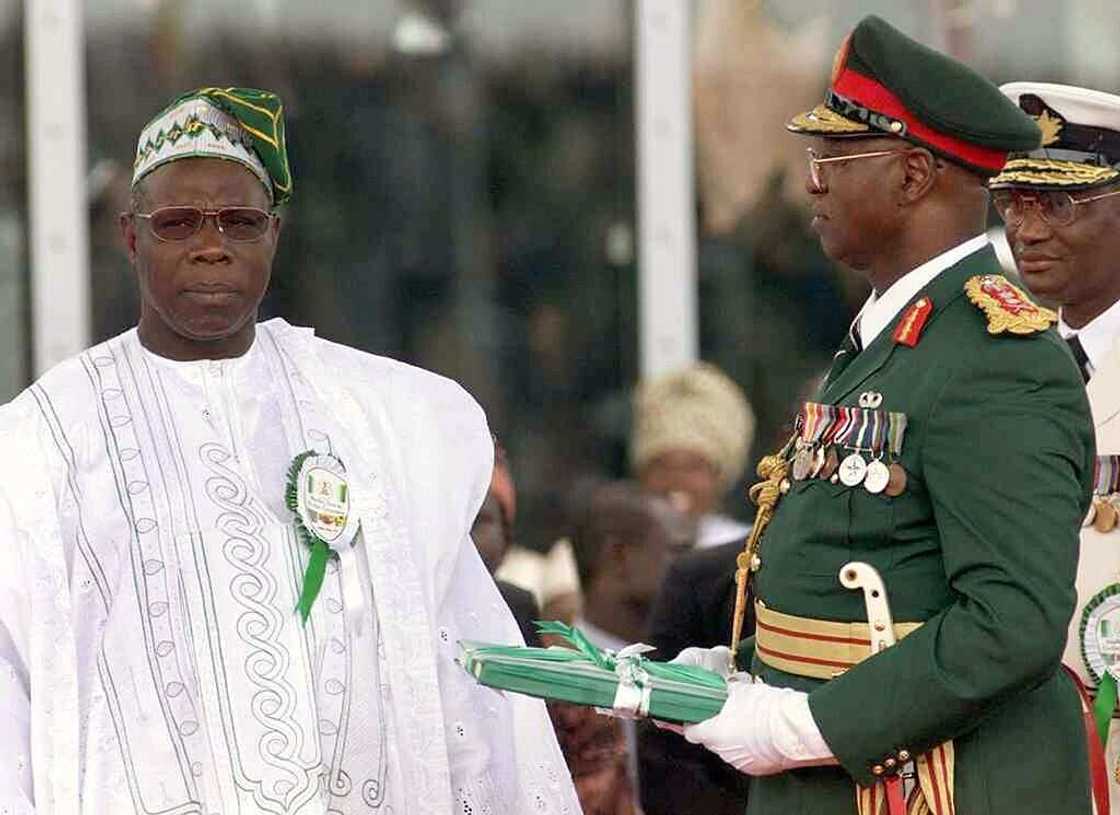
Source: Getty Images
The election of Olusegun Obasanjo as president in 1999 returned Nigeria to democracy, bringing an end to 16 years of brutal military rule, interrupted by 82 days of a civilian government in 1993.
The 2000s
Miss World pageant

Source: Getty Images
On November 16, 2001, Nigeria's Agbani Darego was crowned Miss World in South Africa. She was the first black African to be crowned Miss World.
November 2002
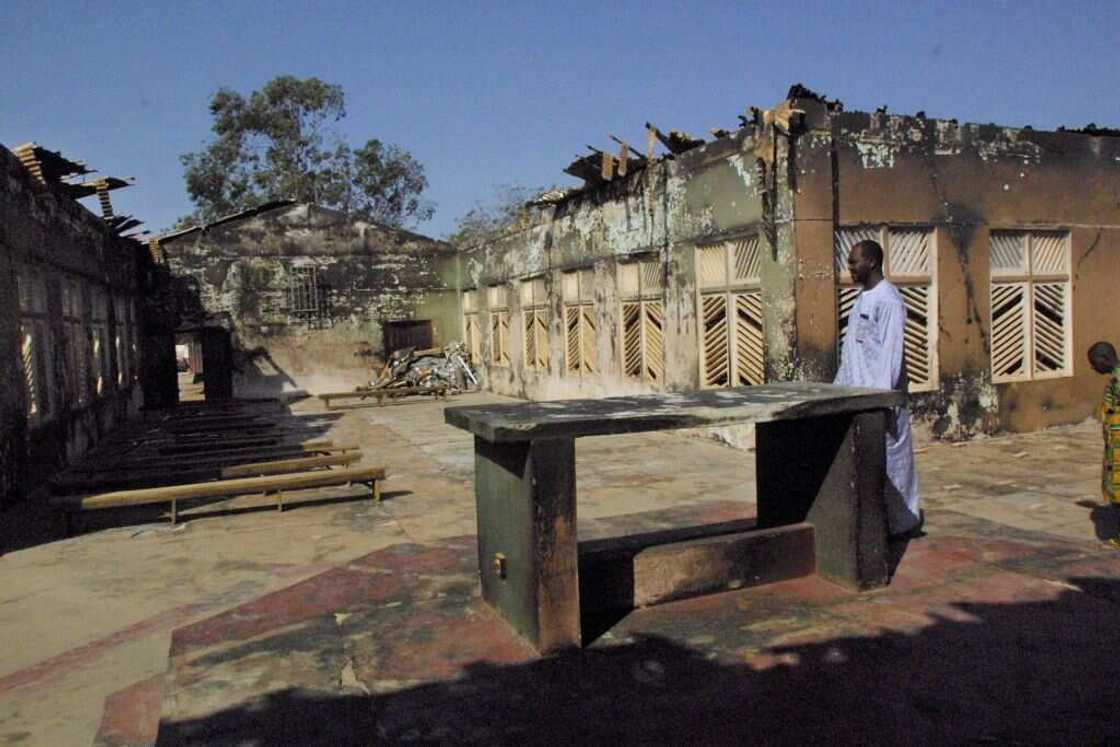
Source: Getty Images
Over 100 people lost their lives in four days of rioting stoked by Muslim fury over the planned Miss World beauty pageant in Kaduna in December. The event was eventually moved to Britain.
The 2010s
Occupy Nigeria protest
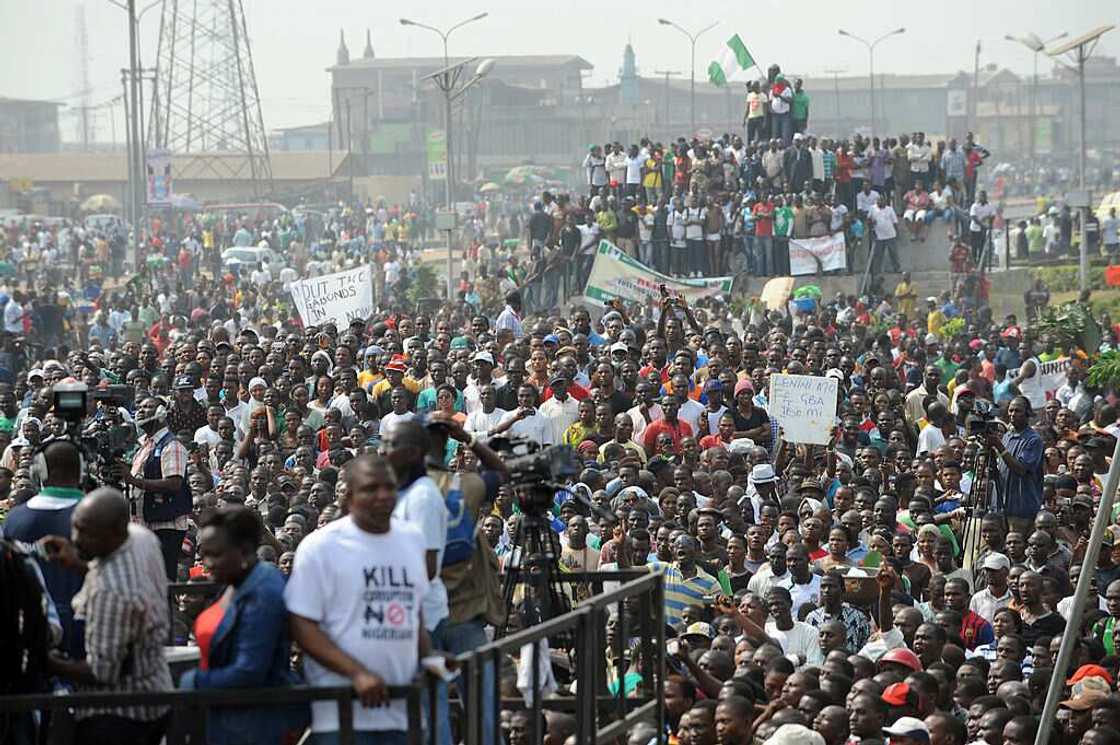
Source: Getty Images
Nigeria witnessed #Occupy Nigeria Protests in January 2012. The protest was triggered following the removal of fuel subsidy by the Goodluck Jonathan-led government.
The abduction of the Chibok girls
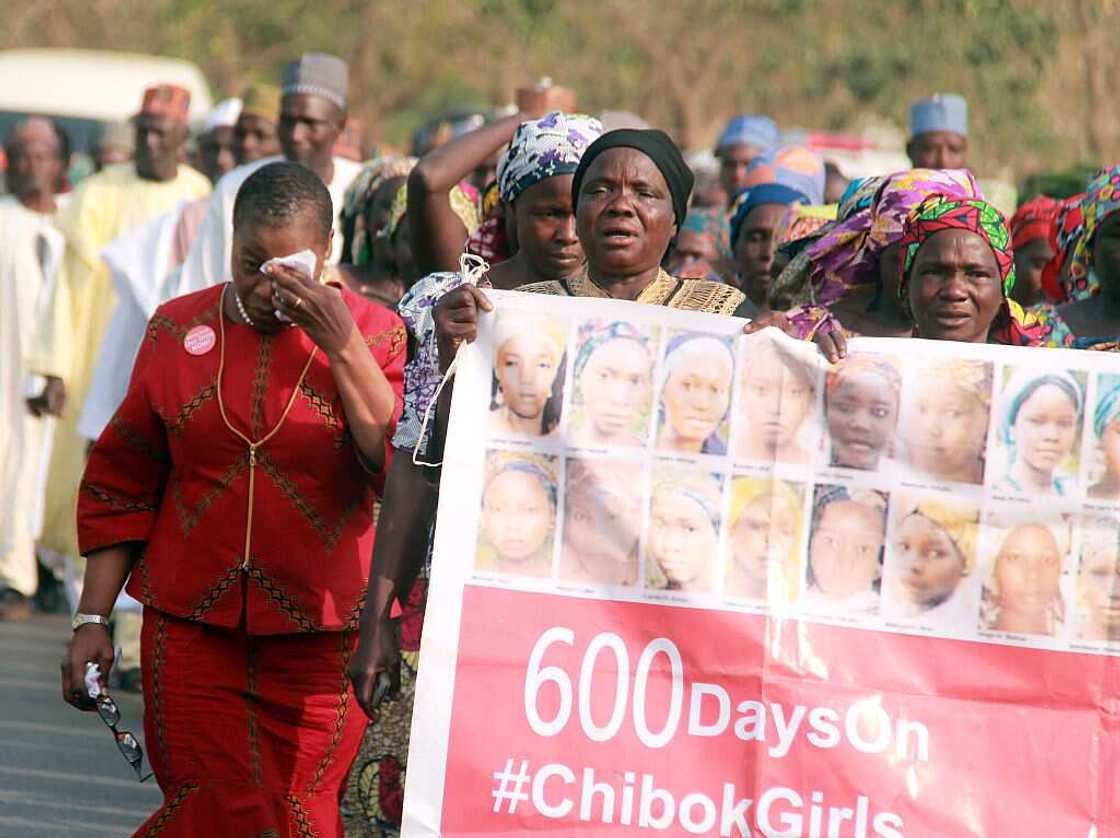
Source: Getty Images
In April 2014, more than 200 girls were kidnapped from their boarding school in Chibok, Borno state, by Boko Haram terrorists. This sparked outrage worldwide, fuelling the #BringBackOurGirls campaign. While some of the Chibok girls made it back home, others were not so lucky and are still missing 8 years later.
The 2020s
EndSARS protest
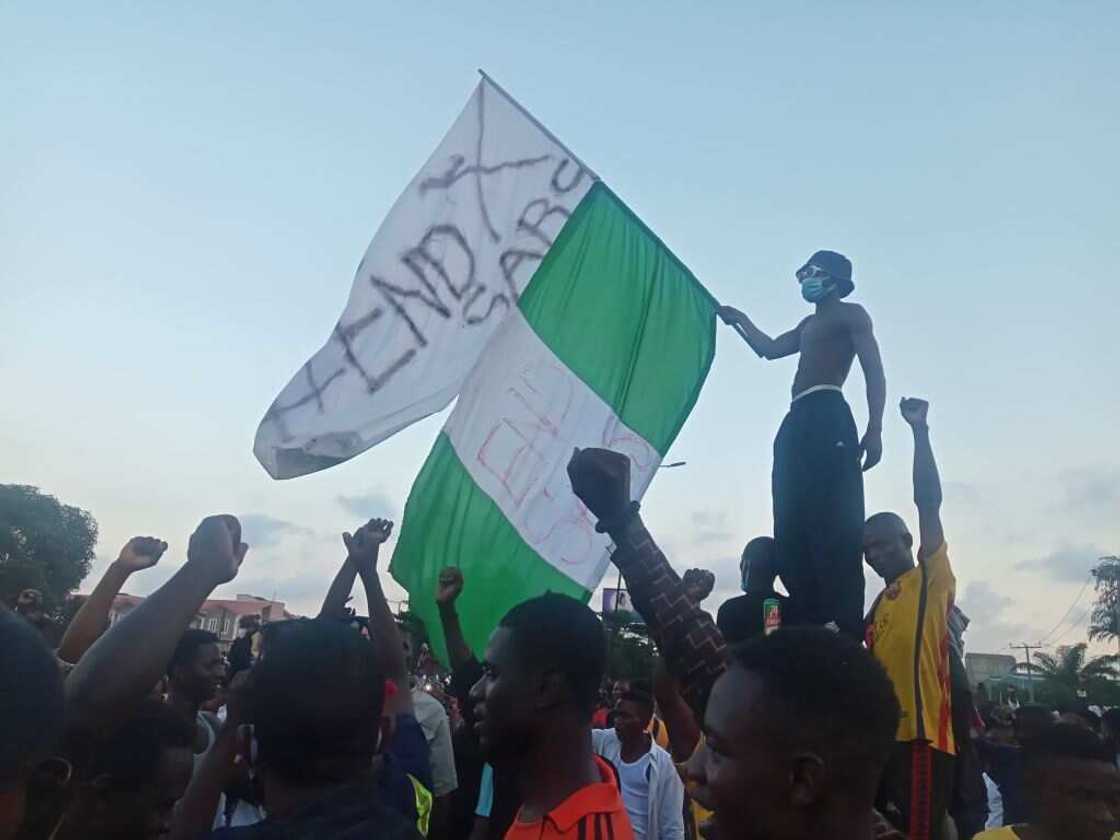
Source: Getty Images
The EndSARS protest shook Nigeria to its core in October 2020, birthing the “Soro Soke” (speak up) generation of young Nigerians. What started as a peaceful protest in Lagos on October 8 spread like wildfire across the country until it got to a regrettable curve on October 20. Soldiers moved to the popular Lekki tollgate in Lagos on this fateful day and allegedly opened fire on the protesting youth.
COVID-19 palliatives looting

Source: Getty Images
Days after the EndSARS protest suffered a tragic end, people discovered warehouses where coronavirus palliatives were hidden. The government was supposed to share these palliatives to citizens to cushion the effect of the lockdown earlier in the year.
Warehouses for the COVID-19 palliatives donated by Coalition Against COVID-19 (CACOVID) were massively looted in Edo, Lagos, Osun, Kwara, Cross River, Kaduna, Plateau and some other states. The stolen food items, including garri, rice, spaghetti, Indomie and vegetable oil, were carted away.
Independence Day: 3 historical sites in Lagos
Legit.ng earlier highlighted some important historical sites in Lagos, Nigeria's erstwhile capital city, that relive the memories of October 1, 1960.
They are Race Course, now named Tafawa Balewa Square, Independence Square, now named Tinubu Square, and Broad Street Prison, now named Freedom Park.
Freedom Park was constructed to preserve the history and cultural heritage of Nigerians and also mark the country's 50th Independence Anniversary celebration in October 2010.
Source: Legit.ng


